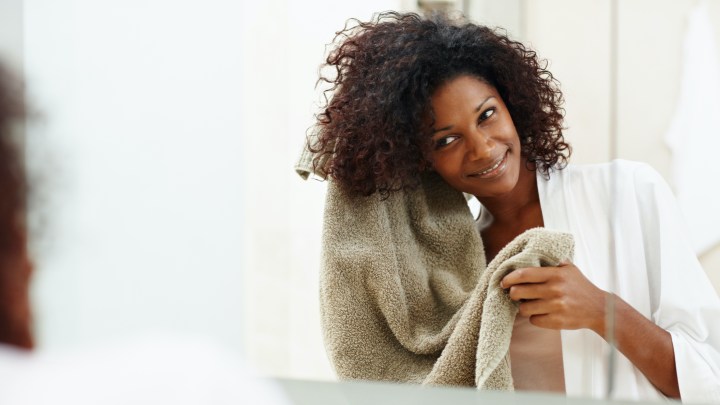
What’s “normal”? Unilever decides to stop using the word.

Unilever is one of those massive conglomerates that make a massive range of products, from tea and ice cream to laundry detergent, shampoo and toothpaste.
Tuesday the company said it’s making changes to some of its beauty and personal care brands, including Dove, Axe and Vaseline — eliminating the word “normal” from product descriptions.
When a shampoo or face wash is labeled as being for “normal” hair or skin, it’s sending a subtle message, according to Lisa Wade, who teaches sociology and gender studies at Tulane. “We need to kind of look a little bit at how much work words like ‘normal’ do in our society,” she said.
It implicitly sets the standard of what’s OK or acceptable or professional.
And, Wade said, “in a beauty industry, it’s quite often racialized. And we see it around both products for hair and products for skin. It’s been very typical to describe our bodies as normal or not.”
A company as big as Unilever, with its 400 brands, is powerful enough to shape how consumers see themselves, said marketer Steven Jumper at the Ghost Note creative agency.
“For decades, Black and brown consumers across the world, going into their local grocery store or convenience store and seeing products titled ‘normal,’ and don’t align with what they look like,” he said.
Jumper said Unilever and other big consumer brands that are making similar announcements are doing it because they have to. “I think quite honestly it’s because the consumer has changed, right? Particularly Black and brown consumers, not only in America but across the world, are now demanding more.”
Unilever also said it won’t digitally alter someone’s skin color or body shape in ads.
“Unilever’s action is going to pull in many of the other brands in the segments in which they compete, and actually, quite honestly, beyond just those segments,” said Greg Portell, lead partner in the global consumer practice at Kearney.
Because now everyone is talking about just who and what we mean when we say “normal.”
There’s a lot happening in the world. Through it all, Marketplace is here for you.
You rely on Marketplace to break down the world’s events and tell you how it affects you in a fact-based, approachable way. We rely on your financial support to keep making that possible.
Your donation today powers the independent journalism that you rely on. For just $5/month, you can help sustain Marketplace so we can keep reporting on the things that matter to you.

















